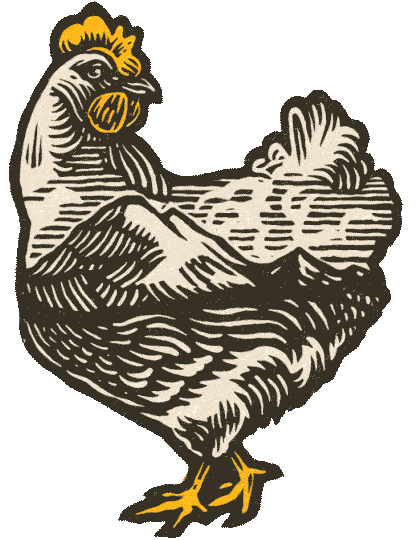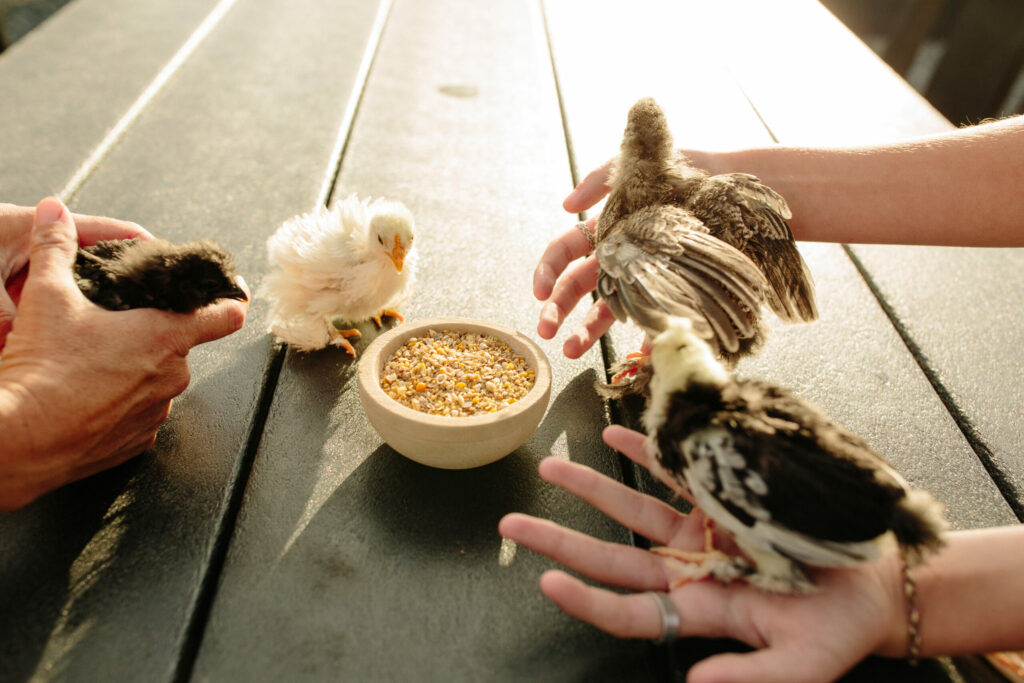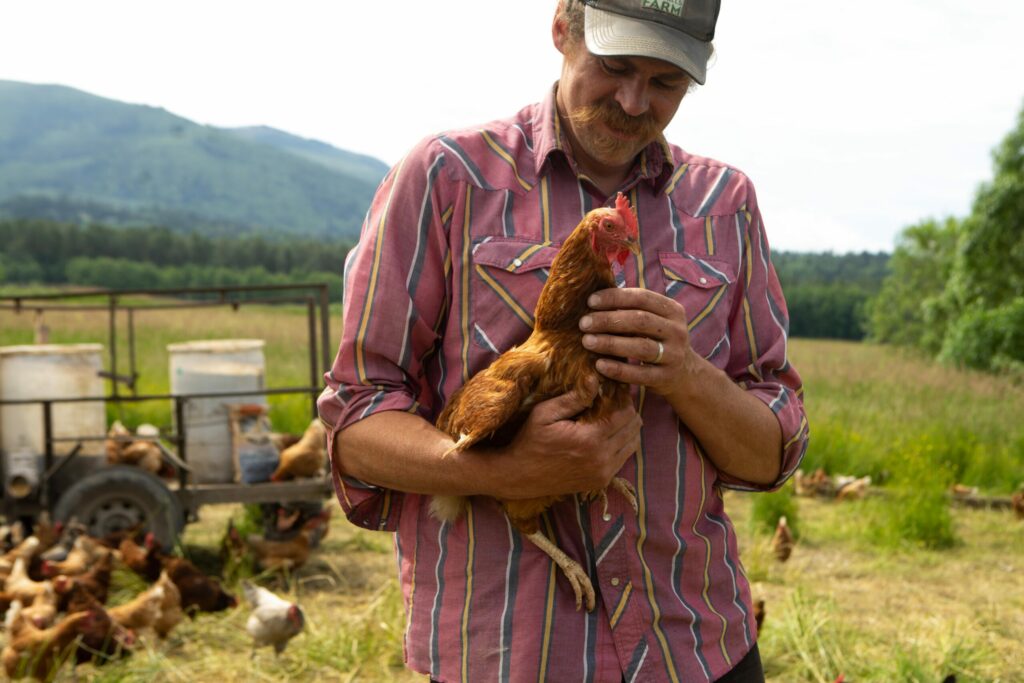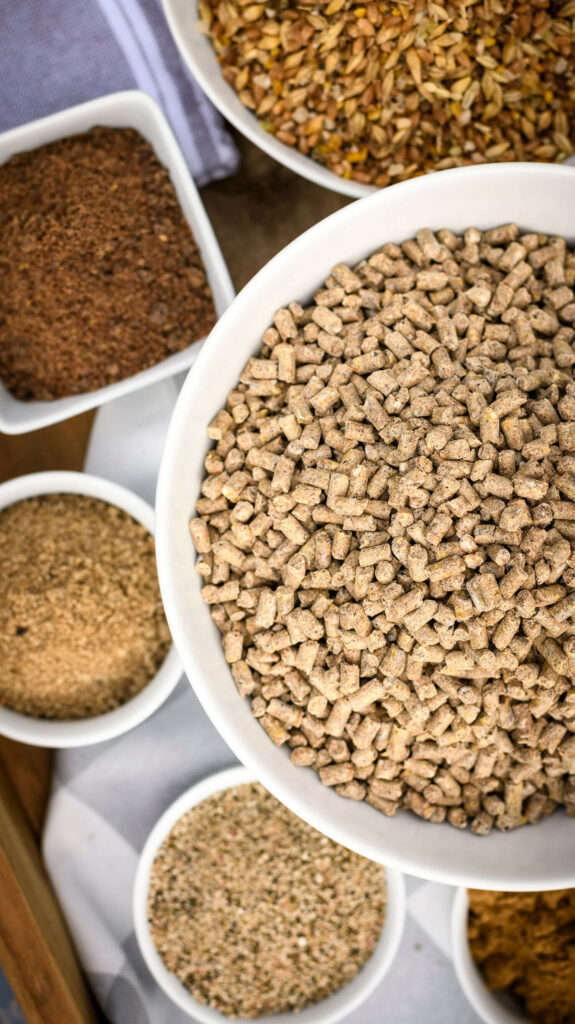It’s no secret that we are exposed to an unknown combination of chemicals every day through the air we breathe, the water we drink, and the products we use. Did you know that chemicals also sneak into the food we eat? If you have tuned into the clean food movement, chances are you’ve heard of the agricultural input corporation, Monsanto. Known primarily for their association with genetically modified organism (GMOs) and their role in the creation of genetically engineered seeds, Monsanto is also the producer of the widely-used glyphosate-based herbicide, Roundup®.
Glyphosate is a broad-spectrum systemic herbicide and is used to kill weeds, especially annual broadleaf weeds and grasses that compete with crops. Glyphosate has come under fire lately as many environmental and public health groups have raised concerns regarding its increasingly widespread use in agricultural systems throughout North America. Research continues to show that glyphosate poses serious environmental and human health risks. The chemical has been shown to be a hormone disruptor and extremely damaging to good gut bacteria, which can lead to diseases that stem from gut dysfunction. Research continues to strongly link glyphosate use on wheat crops with the rise in celiac disease. Studies have also deemed glyphosate use to be a leading cause to the declining populations of monarch butterflies, a vital pollinator. While Monsanto and the rest of the herbicide industry maintain that glyphosate poses no risk, in 2015 the World Health Organization labeled glyphosate as a “probable carcinogen”. And just recently, a judge in California ruled in favor of public health and now glyphosate products will be labeled as a possible cancer threat.
Use of glyphosate is typically tied to the cultivation of “Roundup Ready” crops — GMO crops that are designed to withstand glyphosate’s effects, allowing indiscriminate crop spraying of large dosages without killing the crop. Even though wheat is not currently a GMO crop, glyphosate use on wheat has risen by 400% in the past 20 years. This is due to the widespread trend among farmers to spray the herbicide on their wheat crop prior to harvest. Farmers have found glyphosate acts as a desiccant and speeds up the drying process by killing the plant, which allows them to harvest their wheat up to two weeks sooner and on a tighter timeline. The use of glyphosate on wheat pre-harvest leaves a chemical residue that then gets processed into food and accounts for 50% of dietary exposure.
 So what does any of this have to do with your animal feed? As you may well know, we believe you are what your animals eat, which is why every grain sourced by Scratch and Peck Feeds is Non-GMO Project Verified and Certified Organic. The use of glyphosate on organic crops is strictly prohibited. We believe in improving the entire food chain by eliminating harmful toxins and GMO ingredients that rely on chemical inputs and degrade the environment. You can rest easy knowing you are getting the safest, healthiest, highest-quality food for your animals and your family.
So what does any of this have to do with your animal feed? As you may well know, we believe you are what your animals eat, which is why every grain sourced by Scratch and Peck Feeds is Non-GMO Project Verified and Certified Organic. The use of glyphosate on organic crops is strictly prohibited. We believe in improving the entire food chain by eliminating harmful toxins and GMO ingredients that rely on chemical inputs and degrade the environment. You can rest easy knowing you are getting the safest, healthiest, highest-quality food for your animals and your family.





